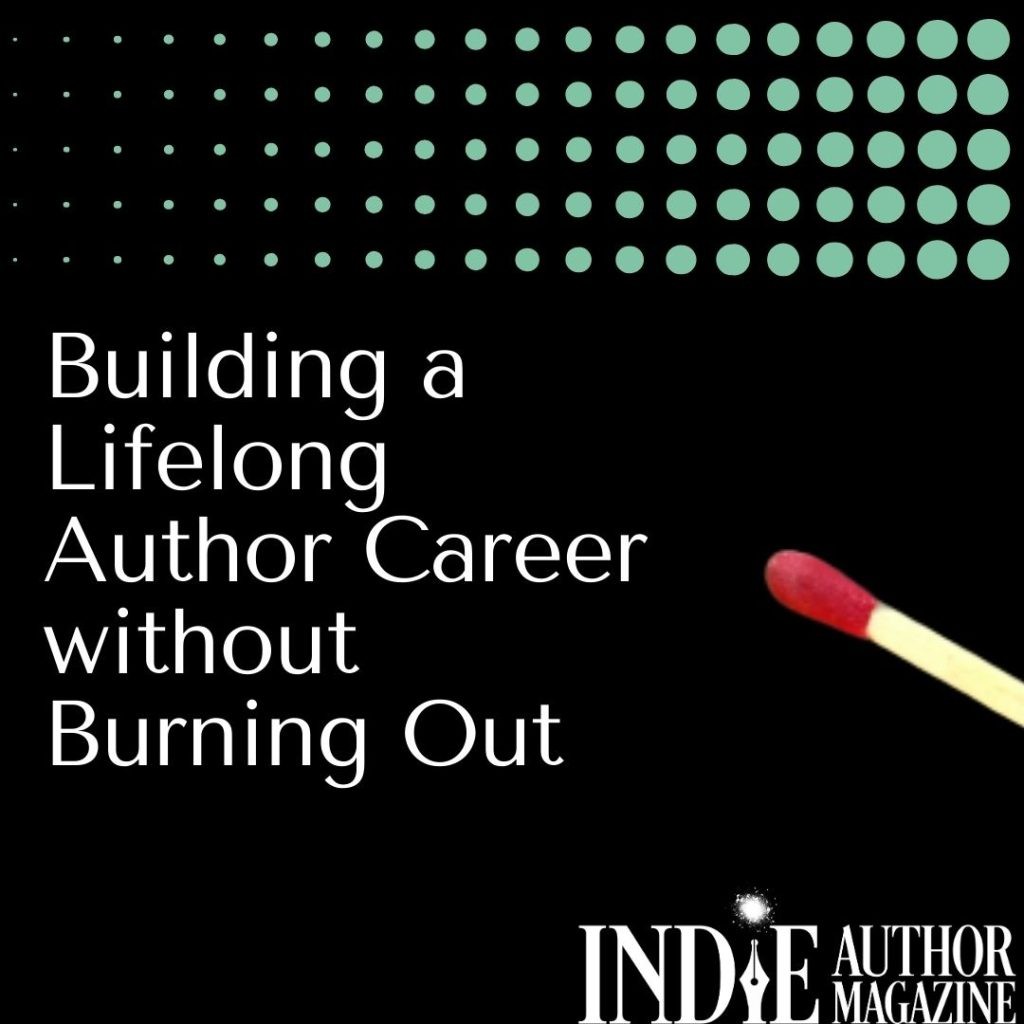Having coached more than six thousand individual authors, I see burnout on a daily basis. The biggest cause of burnout in this industry is not overwork. It’s unrealistic expectations.
Let’s look at the mental math involved.
One work equals one outcome in our brains—sort of like how if I plant, water, and weed one plot of ground, I expect to get one set of plants.
So when we put in two levels of work—twice as much planting, watering, and weeding—we expect two levels of outcome.
And when we put in four units of work, we expect four units of outcome.
It’s natural for us, as humans, to have these kinds of expectations. The problem is, in this industry, the math doesn’t work predictably, or when the math appears to work for other people, we assume it should work for us. And when it doesn’t, we go looking for more work to do.
When we do “two” work and get “one” outcome, we start putting in three and four units of work. And if we continue to get the same outcome, we put in five or ten units of work, even if the outcome doesn’t go up in response. This is burnout territory.
How can you prevent this?
Watch your expectations, and if you feel the need to do “all the things” because “nothing is working,” pause and re-frame. The more anxious you feel about needing to see results right now, the more you’re in danger of a shorter career. You can’t maintain an imbalance of expectation of outcome vs. hard work forever, no matter what other authors can do. There are wildly successful authors who aren’t doing whatever it is you think you have to do, and they are still just as successful.
Lifelong careers will include times when books don’t sell well. And those downs are not a sign that your career is going away. The more you can keep in touch with your fear of missing out, the more likely you are to withstand the downturns—because, remember, there will also always be upturns. Every new book is a new opportunity for better sales.
A lifelong author career means there is always going to be open ocean in front of us, so we have to do everything we can to make our long-term process sustainable.
Becca Syme

